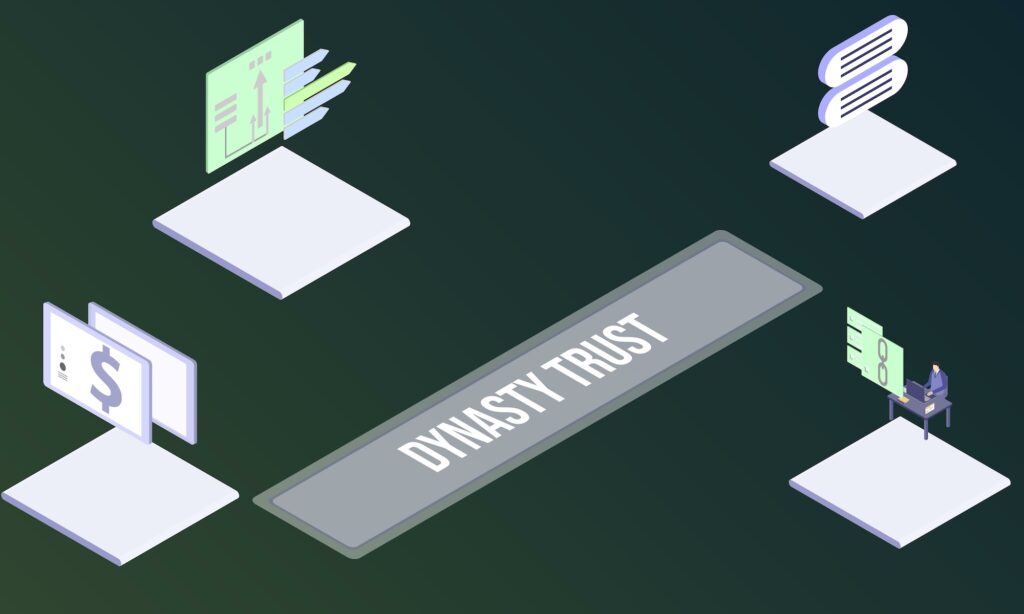When creating a trust, you can include specific provisions in your trust agreement that will either encourage or discourage certain kinds of behavior.
Author Archives: Skvarna Law
Normally, somebody in the will specifies an administrator (a person who oversees settling of the estate).
Bruce Wayne possess something key to moonlighting as Batman: money. Heir to an enormous fortune, Wayne emerges as one of Gotham’s wealthiest citizens. A major philanthropist who donates money to various causes, neither role would work without assets.
When people create estate plans, they typically focus on distributing their money and property to loved ones. For those interested in multigenerational wealth transfer, consider dynasty trusts.
The beneficiary of a blind trust also has no knowledge of what goes on with the trust. However, in most cases, the trust-maker is also the beneficiary. That is, the trust contains their personal money and property, and the trustee manages that money and property for the benefit of the trust-maker-beneficiary—the trust-maker-beneficiary just has no knowledge of, or control over, the activities of the trust.
surprised young business woman looking through binoculars on yellow background.
When choosing trusted decision makers, select individuals based on their strengths. In other words, consider which characteristics or traits each decision-making role requires.
The Internal Revenue Service (IRS) describes S corporations as “corporations that elect to pass corporate income, losses, deductions, and credits through to their shareholders for federal tax purposes.”
The news that you will be receiving an inheritance is often bittersweet. Sadly, it means that somebody close to you died. However, you might also have mixed emotions about your inheritance for reasons that have to do with the actual accounts or inherited property.
An annual itemized deduction is available for payment of state and local property, income, and sales taxes. This deduction cannot exceed $10,000, however.











